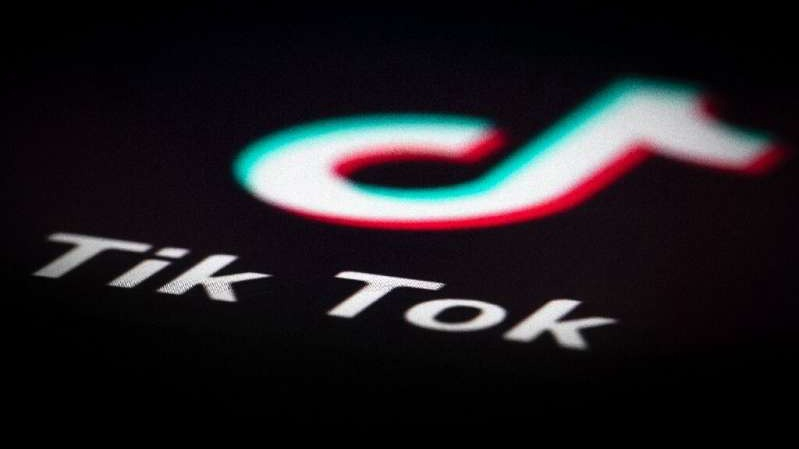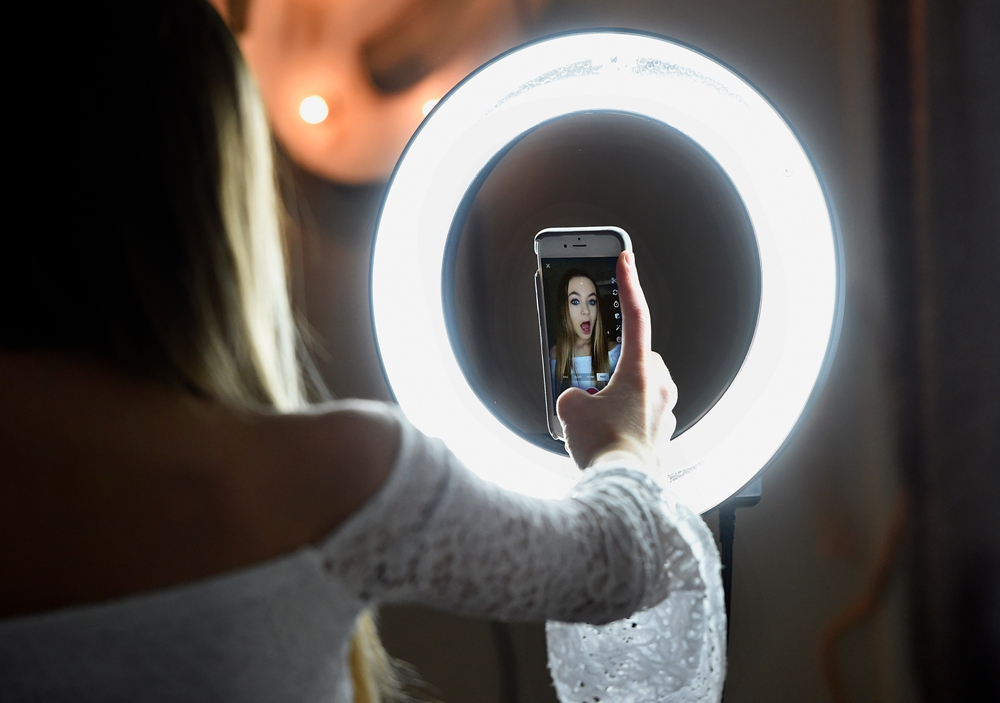
Editor's note: Dr. John Gong is a professor at the University of International Business and Economics and a research fellow at the Academy of China Open Economy Studies at UIBE. The article reflects the author's views, and not necessarily those of CGTN.
Here is my advice for Mr. Parscale, who is the campaign manager for President Trump's 2020 reelection campaign: the president should abandon the idea of banning TikTok, which might lead him to lose the November presidential election.
I am talking about the news brought up by the White House trade advisor Peter Navarro a few days ago that Trump was considering banning TikTok in the United States. Earlier on July 6, Secretary of State Mike Pompeo also said that the administration was considering the same thing. But people like Navarro and Pompeo don't use TikTok, and they are totally clueless about what it means to fun-loving Americans.
Comedy is a multibillion dollar business in the U.S. Having a round of laughter after a hard working day is a treasured tradition in the American way of life. After more than 30 years on air, "America's Funniest Home Videos" (AFHV) still rakes in about 100 million U.S. dollars a year for ABC. But increasingly in the digital age, America's funniest home video is arguably moving onto the internet. And TikTok, which is a global subsidiary operation of ByteDance headquartered in Beijing, is becoming synonymous with fun and laughter in the U.S. It has been downloaded more than two billion times, and millions of young Americans are relying on it for connection with each other.
The Trump administration absurdly sees TikTok as a threat to national security, purely because its parent is a Chinese company, even though TikTok has an American CEO and has most of its operations in the U.S., creating American jobs and paying American taxes. Trump's trumped-up accusations against TikTok include stealing personal data and sharing data with the Chinese government potentially for espionage purposes. But none of this is even remotely true according to Washington Post.

TikTok is hugely popular with U.S. young people. /AP
TikTok is hugely popular with U.S. young people. /AP
Washington Post technology columnist Geoffrey Fowler published an article on July 13, in which he had Patrick Jackson, chief technology officer of Disconnect, to examine TikTok software. Here is a list of important findings discovered by Fowler and Jackson:
TikTok doesn't take any more of a user's data than Facebook, which is usually used for advertisement targeting like any of its competitors do. And that data is stored in servers in the U.S. or Singapore, not in China. TikTok' app software doesn't do any of these shady things to a user's phone more than routine tasks as other similar apps would do. In cases of technical security holes discovered by experts so far, TikTok has fixed them all. Fowler concludes that,
"There's scant evidence that TikTok is sharing our data with China, and we should be wary of xenophobia dressed up as privacy concerns."
To a law-abiding company with a decent business bringing happiness and laughter to American people, the Trump administration is so irrational in destroying America's happiness and laughter along the way. With 2 billion downloads already happened, advising people to delete it or outright banning it is not going to be simple. If you ban Generation Z's favorite app, get ready for a fight. Already there is grassroot opposition to protest against banning TikTok.
Trump, with a huge age gap between the young, has no idea how young people would stand up to fight against Washington's tyranny over their happiness and laughter.
Trump has already failed in the COVID-19 and George Floyd matter, and thus has alienated many elderly people and minorities. Now he wants to ban the TikTok, which would definitely alienate millions of more young people. With the presidential election three months away, I am sure this bad decision will be reflected on ballots in November.
(If you want to contribute and have specific expertise, please contact us at opinions@cgtn.com.)